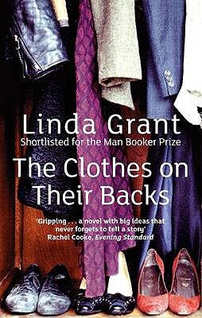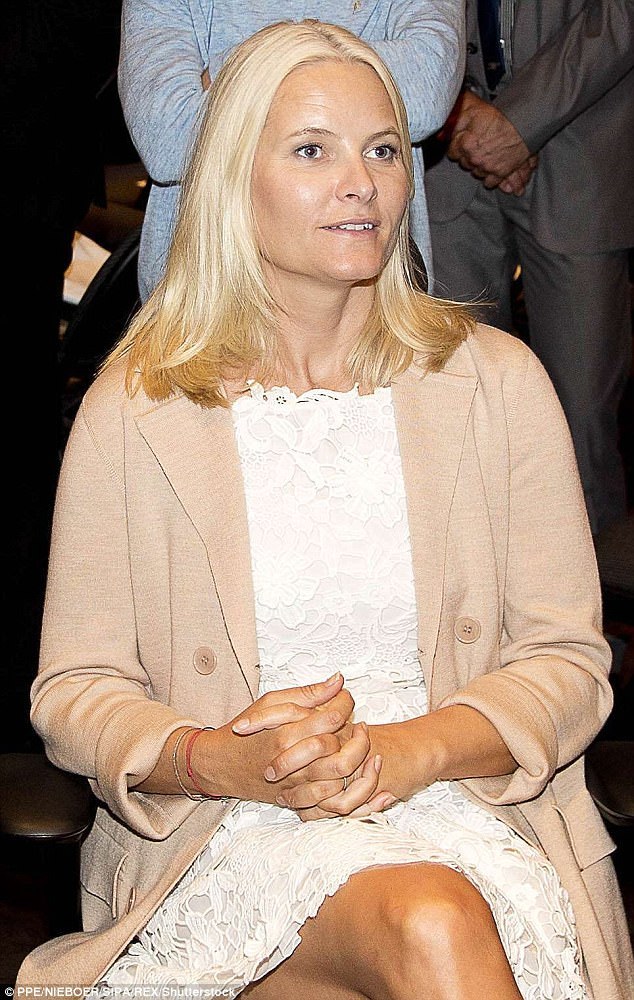 There’s a simplicity and fluidity to Linda Grant’s fourth novel that imbues a slightly odd voyeurism – that as the reader, we are sitting watching events unfold rather reading about them, such is the power of her imagery and storytelling. But there’s nothing simple about her themes, that of identity and sense of belonging as Vivien Kovacs, daughter of post-war Hungarian Jewish refugees, tries to find her way in 1970s London.
There’s a simplicity and fluidity to Linda Grant’s fourth novel that imbues a slightly odd voyeurism – that as the reader, we are sitting watching events unfold rather reading about them, such is the power of her imagery and storytelling. But there’s nothing simple about her themes, that of identity and sense of belonging as Vivien Kovacs, daughter of post-war Hungarian Jewish refugees, tries to find her way in 1970s London.
Viven’s parents fled Budapest immediately before the war: so grateful to be taken in they barely disturb the air they breathe. They avoid contact with the outside world wherever possible and refuse to look back on their history – even with their only daughter, who is not made aware of the family religion until her teenage years.
It’s a lonely life for Vivien and much of the young girl’s discovery of the real world outside the Marylebone apartment is through the (mostly) ageing tenants of Benson Court – including the losing of her virginity at 17 to an artist living immediately below her parents.
But there is a family secret – Sandor Kovacs, the father’s older brother. He’s a persona non grata to Ervin and Berta, who go to great lengths to deny any contact or even mention his name: it’s not until her late teens that Vivien knows for certain she has an uncle and that he’s in London.
But there again, much of The Clothes On Their Backs is constructed on secrets, lies and altered truths. It’s through her uncle that Vivien finds out about her family history and the secrets her own father has kept from both his wife and his daughter. And it is this that fans the feud between the two brothers who are like chalk and cheese. But Vivien herself has taken on a different persona to secure this knowledge.
With the rise of the racist National Front movement unfolding in the background (potentially mirroring the political change in Europe in 1939/40 that so deeply impacted on the Kovacs brothers), Vivien comes to understand a little more about herself.
Sandor was imprisoned for 14 years as a slum landlord responsible for extortion and violence towards his tenants living in squalid living conditions – part of the reason why Ervin refuses to have any dealings with the only surviving member of his family. But it is counterbalanced by Sandor’s incarceration in the ‘Labour Army’ during the war, presenting a different side of Vivien’s uncle.
The Clothes On Their Backs is a complex novel, elegant and insightful, quietly and perceptively exploring loss, love, family ties and family feuds.
Shortlisted for the 2008 Booker Prize, Grant lost out to Aravind Adiga’s The White Tiger.
Advertisements Share this:




